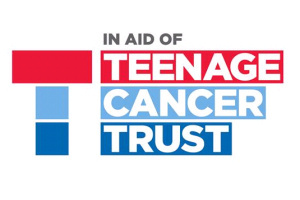Teenage Cancer Awareness Week
30 Apr 2012
Would you know if you had cancer? Nobody knows your body better than you! Be ready to spot when something changes.

Cancer in young people is rare, with approximately 2,000 new cases diagnosed each year.
It is also sometimes difficult to diagnose making it vitally important that everyone understands the warning signs so it can be spotted early if it does occur.
Teenage Cancer Awareness Week (30 April - 4 May) will help you spot the signs and symptoms of cancer.
Signs and symptoms of cancer are: UNEXPLAINED, meaning you don’t know what’s causing them, and PERSISTENT, meaning they don’t go away, always come back, or gradually get worse.
The five most common signs and symptoms of cancer are:
- Pain (that doesn't go away with painkillers)
- A lump, bump or swelling
- Extreme tiredness (meaning you find it hard to stay awake)
- Significant weight loss (more than a few pounds)
- Changes in a mole
If you are ever worried about any of these signs and symptoms, see your GP and make sure they listen. If they don’t listen, speak to someone else and keep talking until someone listens.
Every day in the UK, six young people aged between 13 and 24 hear the devastating news that they have cancer.
Cancer in young people can spread quickly because your rapidly growing bodies and changing hormonal balance can work against them. It can also be difficult to diagnose and the signs can sometimes be missed. Late diagnosis can affect chances of survival.
Teenage Cancer Trust research from 2011 shows one in four (24%) teenage cancer patients have to visit their GP at least four times before their symptoms were taken seriously or they were referred to a specialist. In Scotland nearly half (40%) have to visit their GP four times or more before being referred.
Cancer in young people is rare, with only 0.6% of all cancers occurring in 15-24 year olds.
This information is not meant to scare you but to empower you to know the signs and symptoms of cancers that affect your age group.
Useful links
- Teenage Cancer Trust
- HeadSmart (brain tumour awareness)
- MyManchester: Cancer in young people
